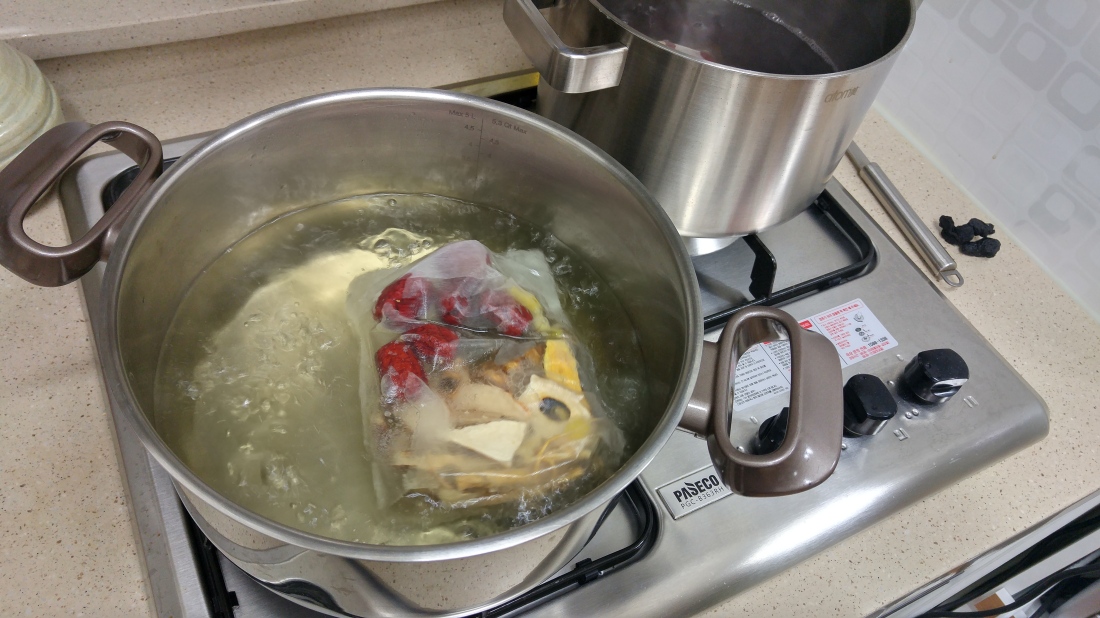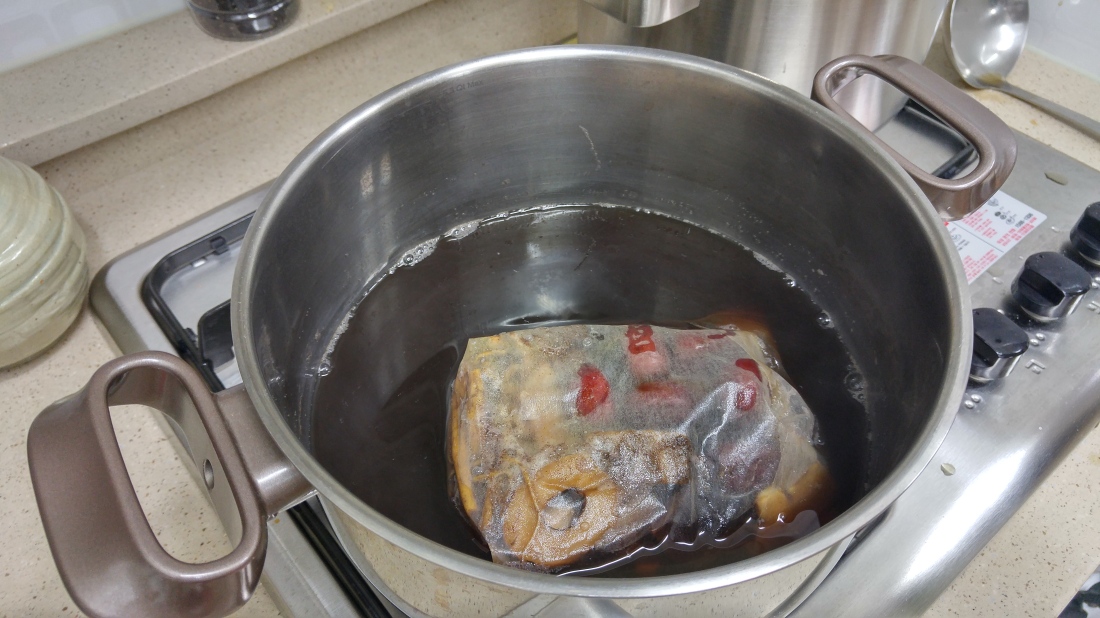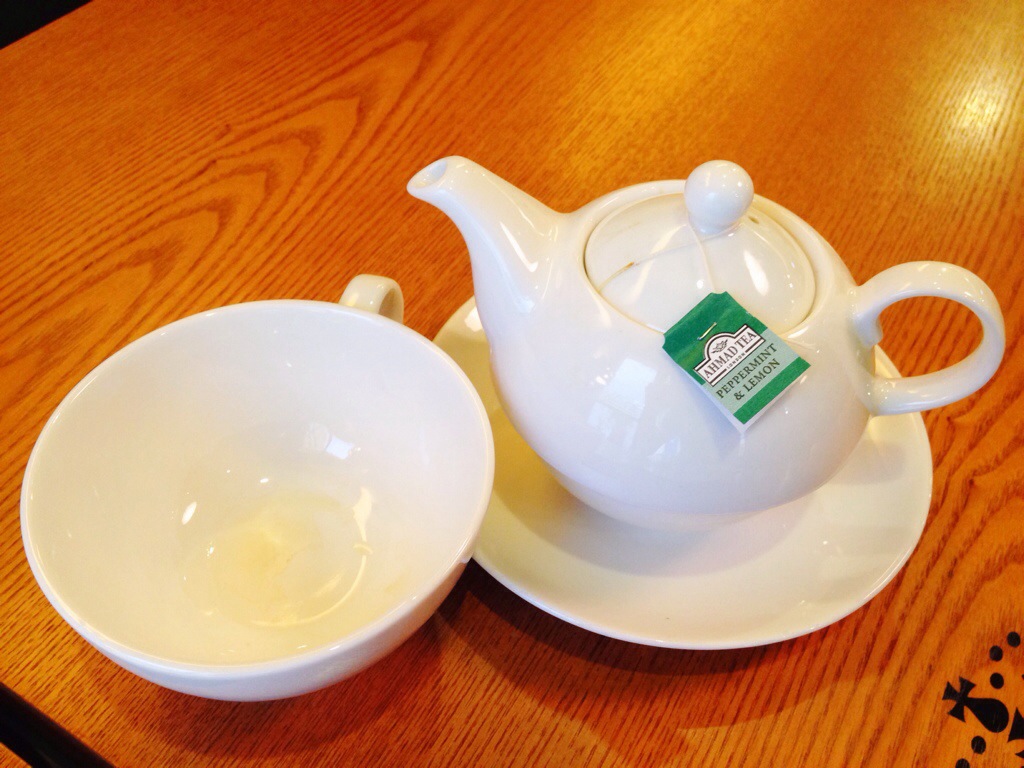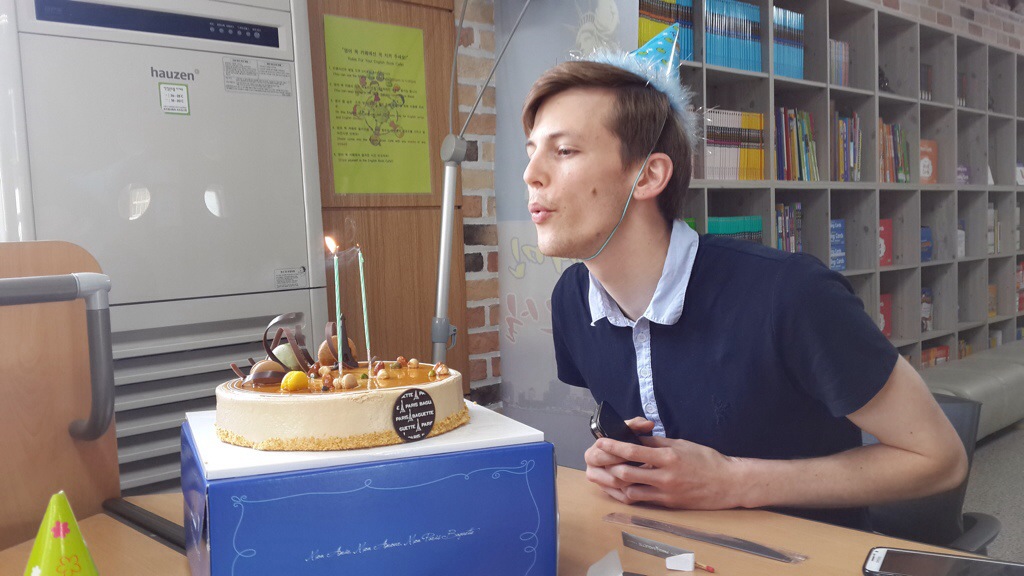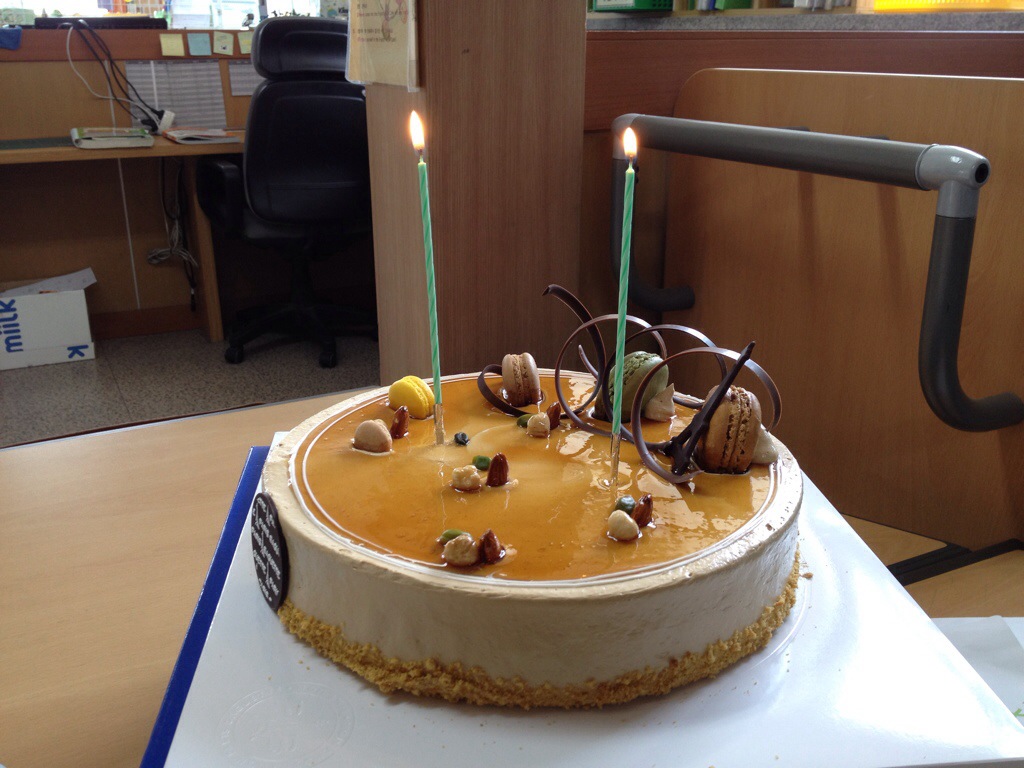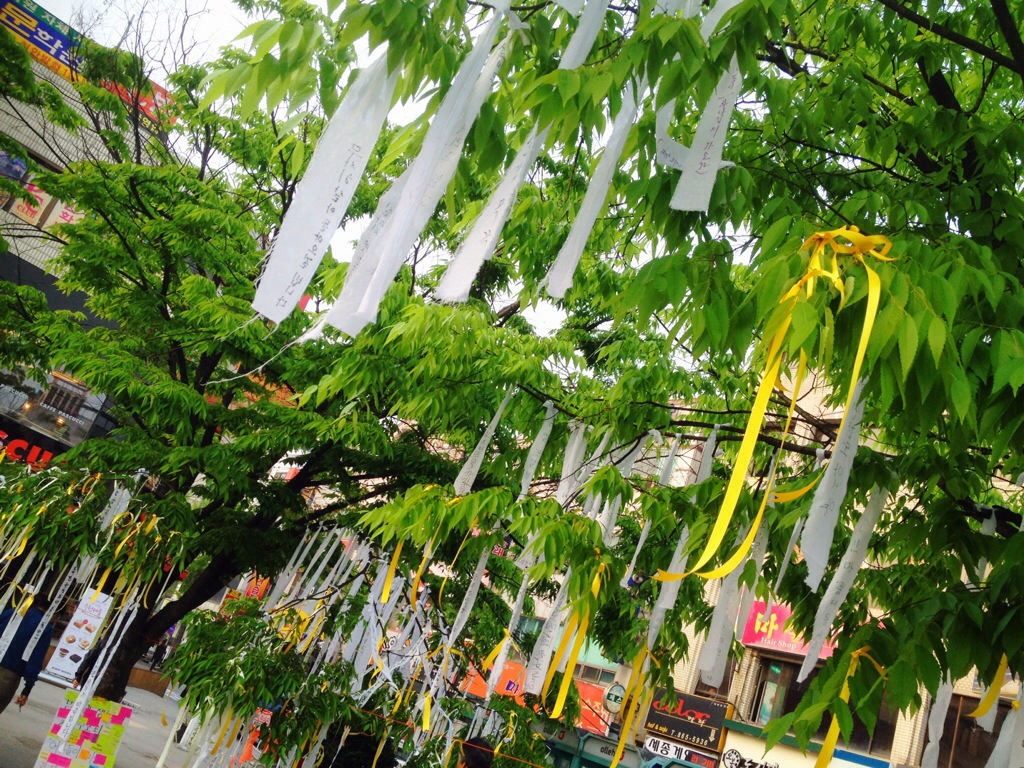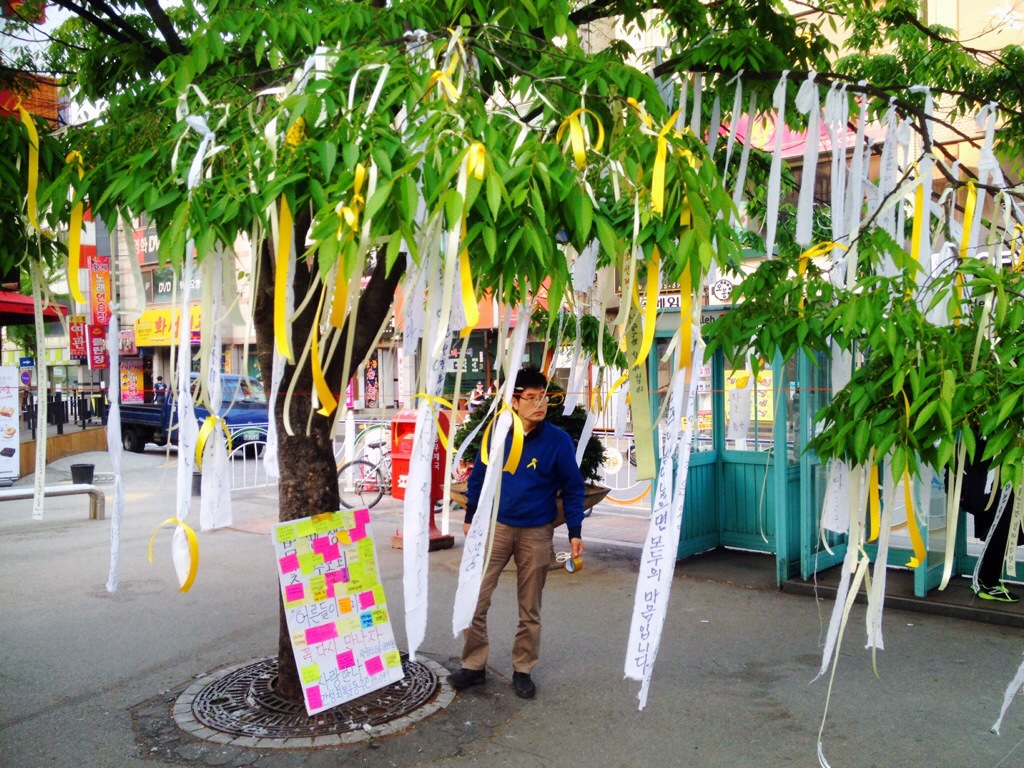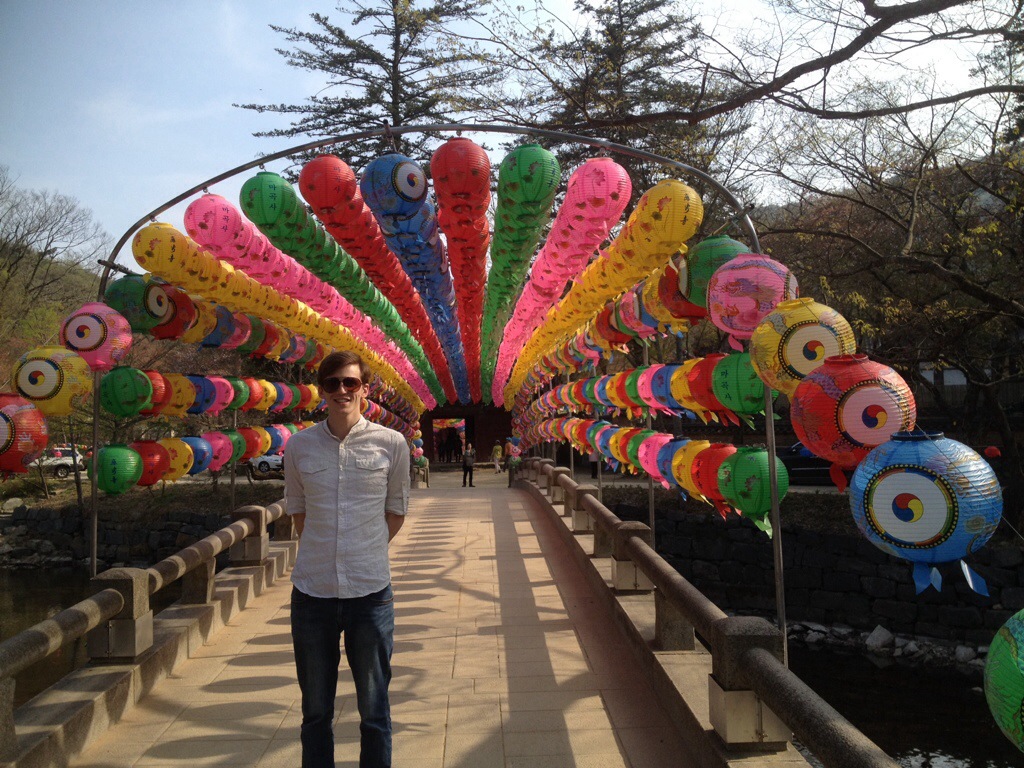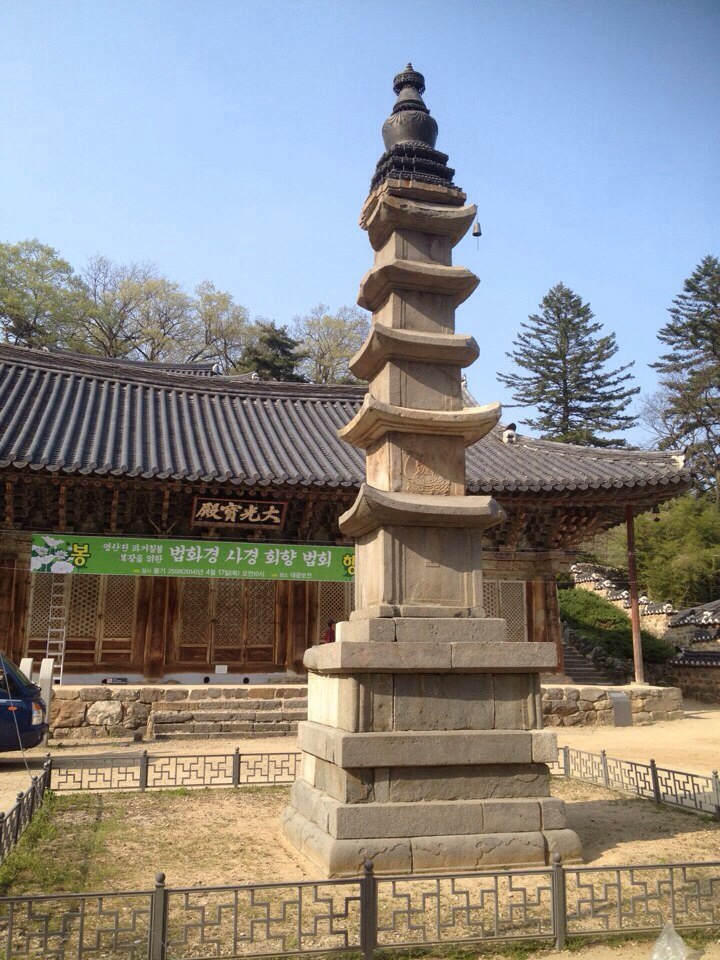It’s no secret that many English teachers in Korea have at least some student loan debt, I am no different. Because I went to a private university for my bachelors, I probably have a decent bit more than most. That being said, I find that my loan payments are fairly affordable.
When I first considered coming to Korea to teach English I was certain that I would not be able to afford my loan payments and be able to eat. A few years later I did some more math and discovered quite the opposite. I am able to afford to pay my loans, plus a bit extra (so they go down faster), and still maintain a budgeted yet comfortable life.
One of the difficult parts about planning a budget in a country that you have not lived in before is that you may not know what to expect. Here I will list the most common bills and fees that one might encounter in Korea (all prices are in Korean won per month).
Apartment: With most contracts in Korea, the school will find and pay for your apartment unless you wish to find your own living space. In the case of the latter, the school should give you a stipend to pay for your housing. This works well if you want something other than the one room style apartments that they usually choose. In the current EPIK contract I think it states that 400,000 will be given as a stipend if the teacher wishes to find their own housing. In Korea, it is very common for a landlord to ask for a large deposit before allowing you to move in. This can sometimes affect the rent that you pay. For example: one landlord may ask for a 5,000,000 deposit and charge 400,000 per month, or ask for a 10,000,000 deposit and charge only 350,000 per month. This money, known as “key money”, is considered to be a deposit, and will be returned at the end of the lease. If you allow you school to choose and pay for your apartment, you should not have to worry about any key money or rent payments.
Cellphone: Your phone bill will vary depending on if you have your own phone or if you need to buy a new one. If you do not need a new one you will probably be paying 35,000 – 50,000 per month for a data plan. The lower end will be for a 3G network, and the higher will be for faster networks. The 3G will probably be unlimited data, but the faster networks may be limited. If you do need to purchase a new phone, there are a couple of options available. The first option is to pay for the phone straight up at the beginning of the contract. The second option is to pay monthly installments presumably with some interest. This second option is only available if a contract of at least 2 years is signed. To calculate the cost per month of the installment method, divide the price of the phone by 24 (two years of contract). The price of the phone, the data plan, and any other options will appear on your phone bill.
Gas: In Korea gas is commonly used for heating water as well as the floor heating system. Gas will be fairly cheap in the summer and expensive in the winter as the amount used will vary. Gas may cost as little as 10,000 in the summer and as much as 90,000 in a cold month of the winter. The price will also depend on how big the apartment is; these prices are aimed at a one room studio.
Electric: Electric runs the opposite as gas; in the summer it will be more expensive and in the winter it will be less. Summer rates may run as high as 70,000, and winter as low as 15,000. This mostly depends on how much the air-conditioner is used.
Maintenance fee: Many foreigners are surprised by the maintenance fee for their apartment. This maintenance fee covers a number of factors that the landlord or landlady takes care of. This often includes internet, water, building electricity (anything not in an apartment), elevator, and other maintenance. From what I have gathered, 30,000 – 40,000 seems to be the normal rate these days, but in a more metropolitan area it may be higher.
School lunch: If you work at a public school you will likely be paying for your school lunches once a month. The lunches here compare favorably to my school experience in the United States, so this may be something to look forward to. Payments for these lunches are charged once a month and are usually 60,000 – 70,000 (about 3,000 per meal).
Teacher activity fee: This fee will most likely be optional. At some schools, usually public, the teachers like to get together and have a social time. This often includes some sports, food, and sometimes trips. The money paid goes towards the food and other costs of having these events. A reliable number would be about 30,000 per month.
Christmas savings: Now we are getting to the non-essential, but it is always good to plan. If you are one who celebrates Christmas, it may be wise to save a bit throughout the year rather than putting a decent dent in your November/December pay. However much you want to save, divide that number by 12 to find your monthly payment. Remember to also include shipping into your savings.
Groceries: Groceries are difficult to calculate due to everyone having their own tastes and preferences. One thing to note is that Korean food (or native food wherever you are) will almost always be cheaper than foreign imported food. It would be good to find local foods that you enjoy. That being said, a teacher can live on a humble budget of 100,000 per month (not including lunch), or add to that budget until they are satisfied.
Travel: This is another item that is entirely up to the individual. Some people like to travel every weekend, and others find that they are too busy to travel often. Most subways and buses cost about 1,100 – 1,500 per trip (including transfers), and the base cost of taxis has been edging closer to about 3,000. Trains are harder to calculate, but a one way trip from Daejeon to Seoul costs about 10,000 for Mugunghwa (slow train), 16,000 for Semaeul (faster train), and 22,000 for KTX (fastest train). All prices are listed as economy seats.
Lets add these numbers together:
- 35,000 – Phone
- 40,000 – Gas (monthly average)
- 35,000 – Electric (monthly average)
- 30,000 – Maintenance
- 60,000 – School lunch
- 100,000 – Groceries
We come to a total of 300,000. This does not include travel, doctor, or any emergencies, but it is a basic list of bills and costs of living in Korea. When subtracted from the lowest bracket of the EPIK provincial pay scale (2,100,000), 1,800,000 is left for restaurants, clothes, apps, and any other sensible purchases. Most student loans are going to be a fairly affordable payment in this budget.

